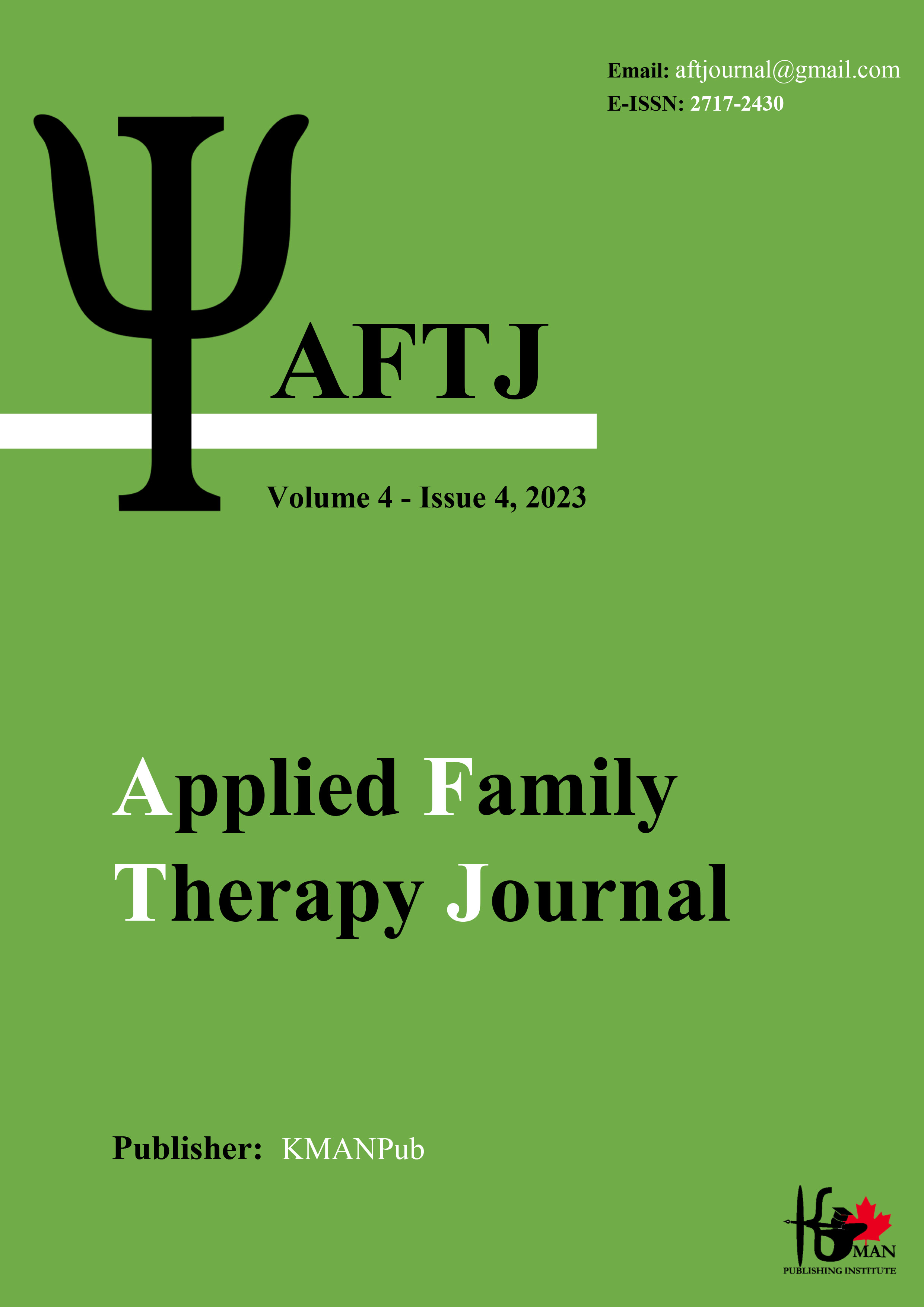Examining the components of power dynamics in the family: a sample of qualitative study
Keywords:
power, family, theme analysis.Abstract
Aim: The aim of the present study is to examine the components of power in the family. Method: This study was conducted with a qualitative method and a theme analysis method (Clark & Brauan, 2006). The purposeful sampling method was homogeneous in this way that 12 married people, both men and women, were satisfied and dissatisfied with married life, who were selected based on the entry and exit criteria and were interviewed. The research tool was semi-structured interview. The collected data were analyzed with the help of thematic analysis. Results: The results showed six main categories, which were 1) sources of power (legal, individual, couple, family) 2) distribution of power (based on individual capabilities, external power sources, gender and age) 3) strategies for achieving power (compatible and incompatible strategies) 4) pathology of power (lack of power hierarchy, regulation of power based on external sources and inability of one or both couples to regulate power) 5) goal of gaining power (individualism, matrimonialism and family idealism) 6) Effects of power in the family (negative effects and positive effects). Conclusion: According to these results, it can be said that power in the family is a multi-dimensional and dynamic structure whose damages can lead the family to chaos and vice versa.
Downloads
Downloads
Published
Issue
Section
License

This work is licensed under a Creative Commons Attribution-NonCommercial 4.0 International License.





















